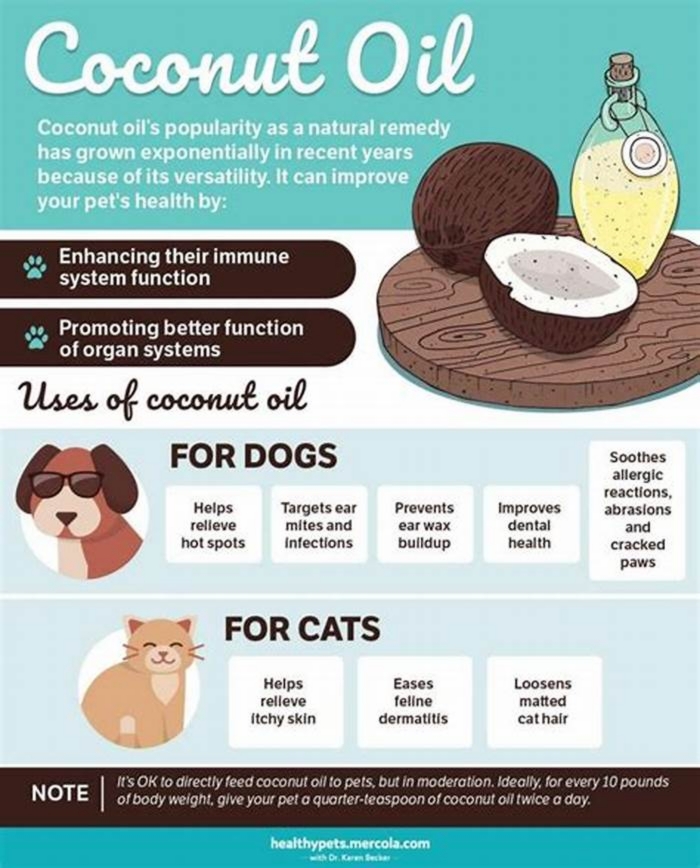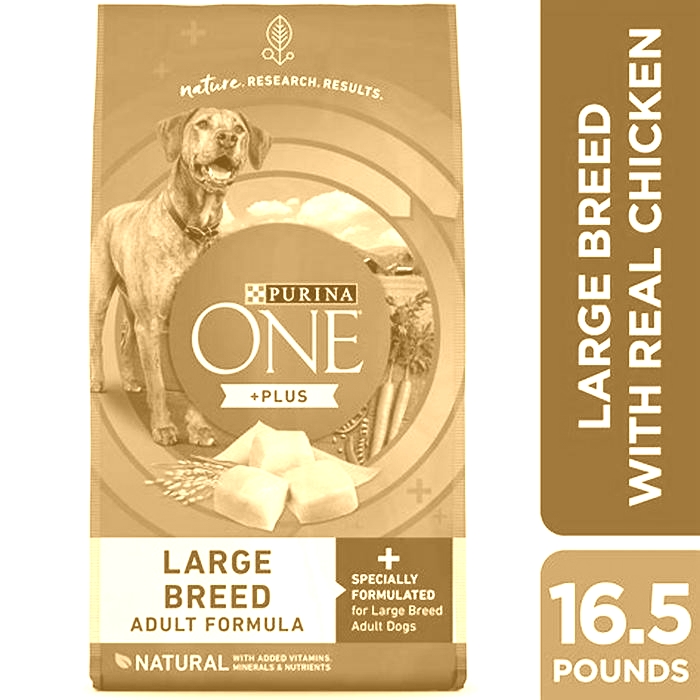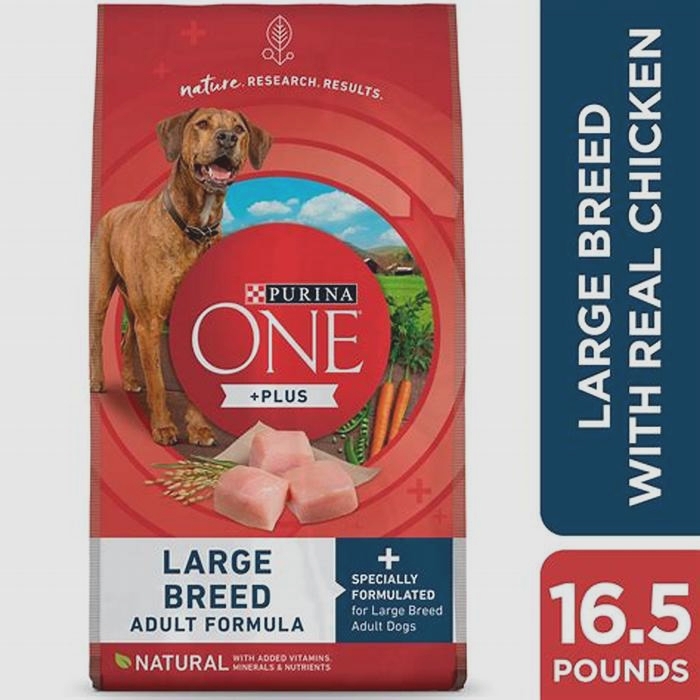Is coconut oil good for dogs

Coconut Oil for Dogs
Coconut oil has become quite the craze in recent years as a popular supplement for people, touted for a wide variety of possible benefits. Coconut oil can be consumed orally, directly placed on food, applied to the skin topically, or contained in supplement form.
But is it also OK to give coconut oil to dogs?
While in very small amounts coconut oil is not likely to cause an issue for your dog, regular use in dogs is not recommended.
Key Takeaways
- Regular use of coconut oil in dogs is not recommended.
- Always consult with a veterinarian before adding coconut oil to your dogs routine.
- While coconut oil offers potential benefits for dogs, it also poses risks such as stomach upset, pancreatitis, and allergic reactions.
What Is Coconut Oil?
Coconut oil comes from the white flesh of the coconut fruit, part of the coconut palm tree. This oil is extracted and is categorized into two typesrefined coconut oil and unrefined coconut oil.
Unrefined coconut oil, sometimes called virgin coconut oil, is minimally processed and retains its flavor; the meat of the coconut is pressed to produce the oil. Refined coconut oil has only a mild flavor but can be used at high temperatures, such as when used for cooking. These oils are then made into preparations for the skin or for oral ingestion.
Is Coconut Oil Safe for Dogs?
In small quantities, coconut oil can be given to dogs for a variety of reasons, but mainly for its medium-chain triglycerides (MCTs) as a source of saturated fat, also known as the good fat.
MCTs are also found in dairy products and palm oil. Coconut oil should be given under the guidance of your veterinarian and gradually introduced into your pups diet. Too much too fast can cause significant stomach upset, and a little bit goes a long way. As with any food, watch for signs of an allergic reaction such as hives or itchy skin.
Coconut oil can be given to dogs in pure form, added to the food or as an oral supplement. It can also be made into a topical preparation for skin issues.
Cold water fish oils provide an excellent source of omega-3 fatty acids. Their propensity to cause stomach upset in dogs is also a lot lower than that of coconut oil.
Can You Use Coconut Oil for a Dogs Skin?
Veterinarians typically do not recommend using coconut oil for your dogs skin because the risk often outweighs the benefits.
Coconut oil is often used to hydrate a dogs skin, reduce inflammation, and provide both antibacterial and antifungal properties. However, this remains anecdotal in dogs.
While there are studies in people, there is no scientific evidence supporting the benefits of coconut oil for use on dog skin.
Applying anything to a dogs skin should be done with caution, as dogs tend to lick themselves often and will ingest the substances.
While coconut oil can be ingested, if too much is ingested or its in a form that is not meant to be ingested, significant stomach upset and pancreatitis will develop. Coconut oil applied to the skin can also cause an allergic reaction, making any current skin condition or itching worse.
Can You Use Coconut Oil for a Constipated Dog?
Coconut oil is not helpful for dogs with constipation, as large quantities ingested will cause painful stomach upset and pancreatitis. Even in small quantities, this painful condition can still occur, along with a possible allergic reaction.
In humans, coconut oil is used because MCTs are more easily digested than long-chain fatty acids (LCTs) to help with conditions that cause decreased absorption or maldigestion of fats. Coconut oil is rapidly absorbed by the intestinal tract; therefore, it will not be effective as a laxative in constipated dogs.
Benefits of Coconut Oil for Dogs
Some possible benefits of using coconut oil in dogs are extrapolated from its successful use in humans. They are:
Rich in fatty acids (MCTs)
Lowers cholesterol
Reduces inflammation
Exhibits antibacterial, antifungal, and antiviral properties
Acts as an antioxidant
Aids digestion
Supports heart and brain function
Assists with inflammatory bowel disease (IBD) by reducing gut inflammation
Aids cognitive function
Decreases seizure activity in epileptic dogs
Claims of use in dogs that lack credible studies, even in people, include:
Risks of Coconut Oil for Dogs
Using coconut oil on dogs, whether through ingestion or topical use, carries the following risks to their health:
While coconut oil offers potential benefits for dogs, including skin health, digestion support, and support for other organ functions, it also poses risks such as stomach upset, pancreatitis, and allergic reactions.
Always consult with a veterinarian before adding coconut oil to your dogs routine, to ensure its appropriateness for their individual health needs.
WRITTEN BY
Barri J. Morrison, DVMVeterinarian
Barri Morrison was born and raised and currently resides in Ft. Lauderdale, Florida. She went to University of Florida for her...
Is Coconut Oil Good or Bad for Dogs? The Surprising Truth
There is limited research on the effects of coconut oil on dogs. Most claims are anecdotal or based on human or rodent studies. Despite this, giving small doses to dogs is generally seen as safe.
Coconut oil has become quite trendy in recent years.
Studies show that it has several impressive health benefits for humans.
Interestingly, many people also give coconut oil to their dogs or apply it to their dogs fur.
While most studies on coconut oil have been conducted on humans, the results may be applicable to dogs as well.
This article explores the benefits and risks of using coconut oil on dogs.
Using coconut oil to treat skin conditions is a common practice with well known benefits. The positive effects are likely due to its antibacterial and anti-inflammatory properties.
One study found that coconut oil effectively hydrates the skin of people with xerosis, a condition characterized by dry and itchy skin (
This study was conducted on humans not dogs. However, many dog owners and veterinarians claim that coconut oil can help treat dry skin and eczema in dogs when applied topically.
SummaryCoconut oil may help treat skin conditions in humans, and some people claim that its also helpful for the skin of dogs.
Coconut oil may improve the appearance of your dogs fur.
When applied to the skin, it can make hair shinier and less prone to damage.
This is because lauric acid, the main fatty acid in coconut oil, has a unique chemical makeup that allows it to easily penetrate hair shafts (
Other types of fat dont have this same ability, so using coconut oil may help keep your dogs coat healthy and beautiful.
SummaryThe lauric acid in coconut oil has been shown to keep hair healthier than other fatty acids. It can be used to improve the health and appearance of your dogs fur.
The antimicrobial effects of coconut oil may prevent dogs from being infected by ectoparasites, such as ticks, fleas, and mange mites.
It has also been shown to help eliminate these pests in dogs that have already been infected.
These effects were confirmed by two studies in which dogs were treated with a shampoo made with coconut oil (3, 4).
In one of these studies, coconut oil also appeared to facilitate wound healing in dogs with ectoparasite bites. This is likely associated with coconut oils ability to inhibit bacterial growth (4).
Moreover, coconut oil has also been shown to kill bacteria, viruses, and fungi in test-tube studies (
SummaryCoconut oil may be beneficial for preventing pest infections and treating bites.
Although adverse effects are rare, there are a few things to consider before using coconut oil on your dog.
Theres always the risk for an allergic reaction when introducing something new to your dogs diet or grooming regimen. If a reaction occurs, stop using it.
Also, some studies have shown that coconut oil can cause high cholesterol in dogs. In extreme cases, this can cause fatty plaques to develop in the arteries (
Furthermore, due to its high calorie content, using coconut oil in excess may lead to weight gain.
Lastly, one study concluded that a diet high in saturated fat reduces dogs scent-detecting abilities. More research is needed to better understand this finding, but you may want to use caution with coconut oil if you have a working dog (
Thus, you may want to consult your veterinarian before adding coconut oil to your dogs diet or applying it to your dogs fur.
SummaryCoconut oil may cause high cholesterol, hardening of the arteries, and weight gain in some dogs. If your dog is prone to any of these conditions, talk with a veterinarian before use.
Coconut oil is generally safe for dogs to eat in small amounts or have applied to their skin or fur.
When it comes to selecting a brand, virgin coconut oil is best, as most of coconut oils benefits have been observed with this type.
According to some sources, coconut oil can generally be given to dogs one to two times a day with meals.
The amount you give your dog will depend on its size. If your dog is overweight or has obesity, dont give it coconut oil more than once a day.
Veterinarians stress the importance of starting slowly with coconut oil. This will allow you to monitor how your dog reacts to it.
Start by giving 1/4 teaspoon daily to small dogs or 1 tablespoon (15 mL) daily to big dogs and gradually increase the amount. If your dog tolerates it well after 2 weeks, increase the dose to 1 teaspoon per 10 pounds (5 mL per 4.5 kg) of body weight.
Due to a lack of research, these recommendations are not established.
Dont feed your dog coconut oil alone. Instead, mix it in with your dogs regular food. This will keep its diet varied and nutrient dense.
All dogs being fed coconut oil should be monitored for weight gain, diarrhea, and other symptoms that may signify intolerance.
Keep in mind that studies havent revealed any benefits of using coconut oil in dog feed. On the other hand, using it on your dogs skin may improve certain skin conditions.
If youre applying the coconut oil topically, rub a small amount onto your hands and then gently pat its coat, running your fingers through the fur and massaging a little into its skin.
SummaryCoconut oil can be fed to dogs or applied to their skin. Start slowly and increase the amount you give your dog gradually.
Research on using coconut oil for pets is lacking. The benefits are mainly anecdotal, as well as based on findings in humans, rodents, and test tubes.
Despite the lack of research, giving it to your dog in small doses is relatively safe.
Ultimately, its a personal choice. Using coconut oil on your dog has a few potential benefits and might be worth trying.
The risks are unlikely but worth keeping in mind. Its important to monitor your dogs health after adding anything to its regimen.
Talk to a veterinarian if you have further questions or concerns about giving your dog coconut oil.
Coconut Oil for Dogs: Vet-Reviewed Benefits, Risks & FAQ

The information is current and up-to-date in accordance with the latest veterinarian research.
Learn moreCoconut oil is known for its health benefits and can be a good supplement to add to your dogs meals to aid in their nutrition and coat care. However, dog owners need to understand how coconut oil affects their dogs health before feeding it to them.
While there are good things about coconut oil, it can also lead to negative effects, especially if you dont feed it to your dog properly or serve the wrong amounts. We have all the information you need to help you decide if introducing coconut oil to your dogs diet is the right move for your dog.
How Does It Work?
Coconut oil is a plant-based oil thats extracted from mature coconuts. It consists of 90% saturated fats. While many have been led to believe that fats are bad for the body, there are good kinds of fats that the body needs for healthy daily functioning. Coconut oil contains good fats, which are mostly medium-chain triglycerides (MCTs).
MCTs in coconut oil are composed of lauric acid, which is a potent fatty acid with antibacterial, anti-fungal, and anti-viral properties. They also contain capric acid and caprylic acid. These fatty acids have antifungal properties.
Its important to note that dogs need a diet that has a healthy balance of fats, and they use fat as an energy source. So, they can benefit from eating coconut oil because of its high-fat content. However, it is not recommended to add too much of this oil to your dogs diet; like any other fat, coconut oil is calorie-rich.
What Are the Different Types of Coconut Oil?
You can find several different types of coconut oil. Heres a brief overview of some of the main varieties that you can find in stores.
Virgin or Unrefined Coconut Oil
Virgin or unrefined coconut oil is considered the best kind of coconut oil. Its the least processed and doesnt undergo any heat processing. This helps preserve and retain more antioxidants than more processed varieties of coconut oil.
Virgin or unrefined coconut oil is also often referred to as raw coconut oil. It gets its name from its process of quick-drying or wet-milling raw coconut meat. Once the coconut meat is harvested, it can go through a wet-mill process, which just means that the meat is rendered into coconut milk. The fat is then separated from the milk. The coconut meat can also go through a quick-drying process, which involves drying out the meat and then squeezing the oil from it.
Virgin or unrefined coconut oil still retains a good amount of nutrients and beneficial enzymes because its never heated in high temperatures.
Refined or RBD Coconut Oil
Rather than being harvested from raw coconut meat, refined coconut oil is made from copra, or dried coconut kernels. Because copra needs to go through a decontamination process, it gets cooked at high temperatures to kill any bacteria. Because of this process, refined coconut oil loses some of its natural nutritional value.
Refined coconut oil can also contain some additives and preservatives. Its often used as a cooking oil because it can handle high heat.
RBD stands for refined, bleached, and deodorized and is much more processed than any other variety of coconut oil. Because its highly processed, it loses a lot of its nutritional value, flavor, and fragrances.
Since it loses its natural taste and smell, its often used in food preparation. Its also the cheapest kind of coconut oil, and many consider it to be low quality.
Where Is It Used?
Coconut oil can be used as a cooking ingredient or consumed as a supplement. It can also be used topically to treat hair and skin issues.
Advantages of Coconut Oil
When coconut oil is used topically, it can help alleviate skin irritation and nourish and moisturize the skin and coat. Its also often used to soothe dry, flaky skin. It can be used topically on dogs noses and paw pads.
Since it has antifungal properties, veterinarians in Asian countries often use it topically to help fight dermatophytosis or fungal skin infections, such as ringworm, in pets.
Disadvantages of Coconut Oil
One of the main disadvantages of coconut oil is its varying qualities. Refined coconut oil is the most affordable type of coconut oil, but its nutritional value is considerably lower than virgin coconut oil. Unfortunately, high-quality coconut oil can be very expensive and can cost more than olive oil.
Since coconut oil is calorie-dense, too much can be detrimental to a dogs health, as it can result in weight gain. Its best to consider if feeding your dog coconut oil is necessary and to decide with your veterinarian how much and how often to offer it.
When applying coconut oil topically to your dog, one of the disadvantages is that if you apply it in excess, they will likely make a mess around the house. Be mindful and only put on a small amount at a time. Massaging it into the skin is better than applying excessive amounts.
FAQ
Whats the Difference Between Coconut Oil and Coconut Butter?
Coconut oil and coconut butter are made from different parts of the fruit. Coconut oil is extracted from coconut meat, while coconut butter is pured coconut meat, which also includes fiber, not just the oil.
A common comparison of these coconut products is peanut butter and peanut oil. Peanut butter consists of ground-up peanuts, while peanut oil is an extraction of oil from the rest of the peanut. Both products are safe for dogs to eat if they ingest them in small quantities.
How Much Coconut Oil Is Safe for My Dog to Eat?
Small dogs should start with teaspoon of coconut oil, while medium to large dogs can consume between 1 teaspoon and 1 tablespoon of coconut oil a day. If you have a dog thats overweight, you might not want to add more calories to their plate. Before adding coconut oil to your dogs diet, please make sure to consult with your veterinarian.
Can Coconut Oil Replace Fish Oil?
Both fish oil and coconut oil have different benefits, so one cant completely replace the other. However, both of these oils can offer various benefits regarding your dogs diet and skin health. Just remember to always be mindful of the calories.
Conclusion
Coconut oil is a supplement that has significant benefits that dogs can enjoy. It can help improve the skin and coat and even treat skin infections. However, it can also cause unnecessary weight gain. So, the best way to find out if your dog would benefit from coconut oil is to have a conversation with your veterinarian. If you get cleared to feed coconut oil to your dog, make sure to use a high-quality variety, like virgin or unrefined coconut oil, and avoid buying low-quality refined or RBD coconut oil.
Featured Image Credit: moho01, Pixabay









